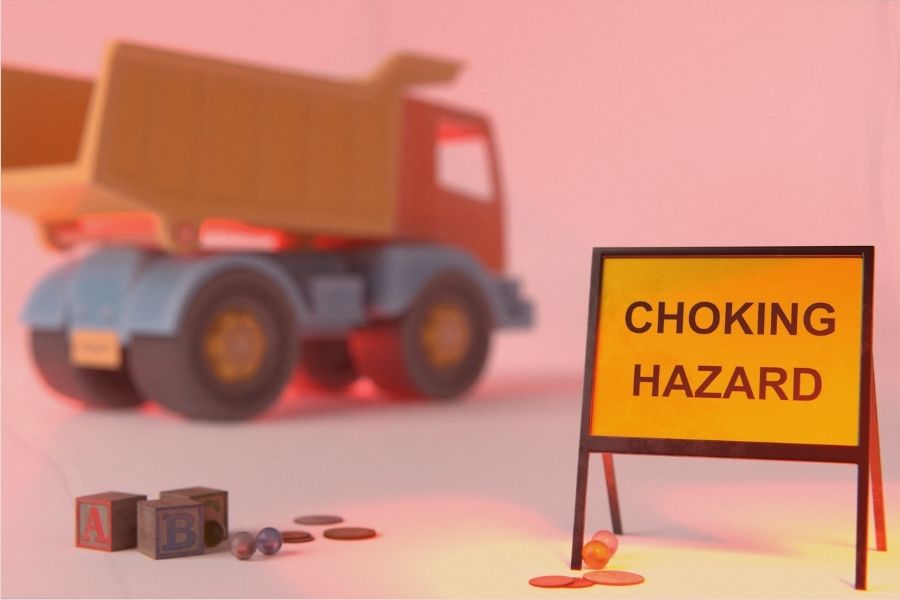The Carlson Law Firm is no longer accepting Power Outage clients. This information is for archival purposes only.
For further assistance, please visit the Texas State Bar.
The dangerous conditions created by negligent power companies, ERCOT and an unregulated energy market have left Texans with little choice but to consider weighing their options of filing power outage lawsuits. You can file a Texas power outage claim against the responsible party or parties if you experienced harms and losses from any of the following:
- Personal Injuries that led to hospitalization
- Property damage to homes
- Property damage to businesses
- Business owners who had to close their doors because of power or water loss
Texas is America’s notoriously independent state. Many of us lifelong Texans take pride in the state’s independence from our state flag to our sprawling highways to the fact that our state’s version of Mexican-American food tastes better than any other state’s. Texans love Texas. This is why the letdown many of us felt rippled across the country as millions of Texas families were left sitting in cold, dark homes—in the United States’ leading energy producer.
What went wrong?
While many believe that severe winter weather is unpredictable, the significant energy failures that left millions in subzero homes were entirely predictable. In fact, power companies had ample time and warnings to winterize the equipment that provides power to the state’s 29 million residents.
The 2011 Texas Blackouts
In early February 2011, a total of 210 individual generating units under ERCOT experienced an outage, derate, or failure to start. These failures resulted in at least 4.4 million customers being negatively affected over a two-day period.
Will I have to go to court to file a claim in a Texas Power Outage Claim?
At this point, it is too early to say how these cases will play out. Depending on how cooperative the entity you are holding responsible is will determine if your case can be settled or will require a trial. In either case, it’s best to hire a lawyer with trial experience so that you are fully represented no matter what your claim calls for.
What is involved in filing a Power Outage Claim?
The specific process you go through will be entirely dependent on the kind of case you are bringing. However, generally speaking, your attorney will do the following:
- Gather documentation of your power outage
- Look over reports detailing your injuries, property damages or business losses
- Conduct an investigation of the negligent party
- Begin building your case
- Negotiations
- File a lawsuit if the defendants fail to offer a fair settlement
Who can I file a power outage claim against?
There are lingering questions about who can be held responsible for the harms and losses millions have suffered as a result of the power companies’ negligence. Generally, a power outage will be against one of the following entities:
- Power companies
- Insurance companies (if you cannot get your claim resolved on your own)
- Property management companies
How much money will I get for my power outage claim?
Generally, the financial compensation you recover in a civil lawsuit depends on the type of damages you are pursuing. Potential damages your winter storm lawyer may be able to help you recover include the following:
Economic damages
- Current, past and future medical bills
- Lost Wages
- Loss of future earning capacity and job opportunities
- Property damage/ loss of property
- Cost for the repairs of the damaged property
Non-economic damages
- Current, past and future pain and suffering
- Emotional distress
- General quality of life
- Disability
- Loss of companionship/consortium
Additionally, punitive damages may also be available depending on the facts of your case.




